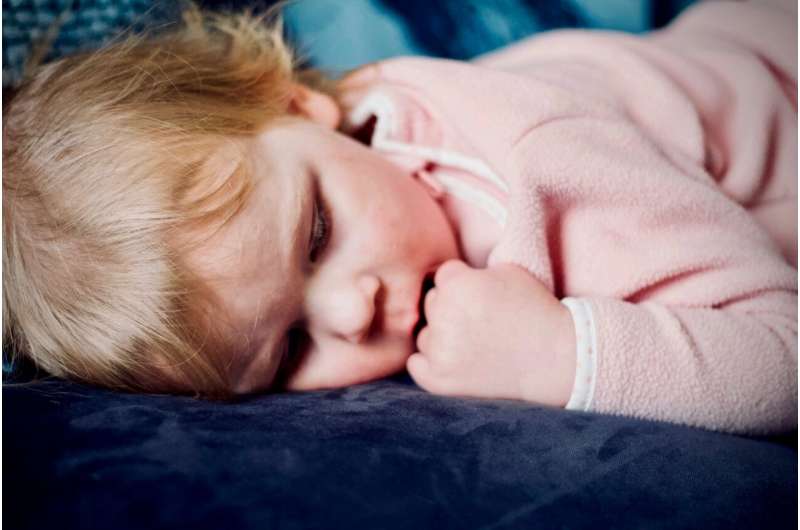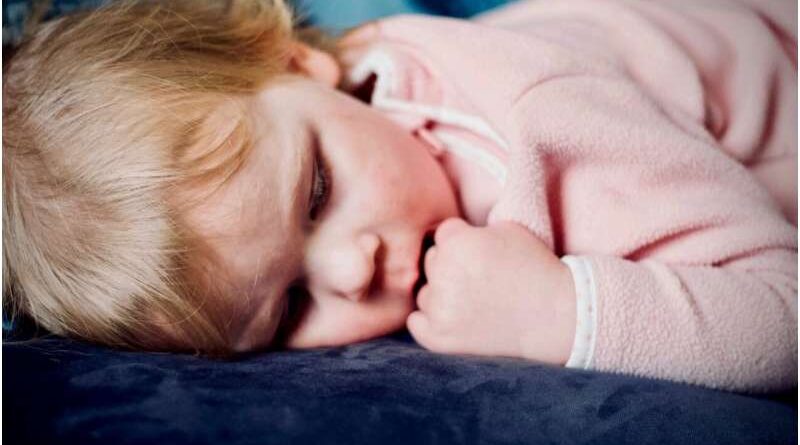AI model helps detect autism early

Credit: Unsplash/CC0 Public Domain
A new machine learning model can predict autism in young children from limited information. This is shown in a new study by the Karolinska Institutet published in JAMA Network Open. This model can help to detect autism early, which is important to provide the right support.
“With an accuracy of almost 80% for children under two years of age, we hope that this will be an important tool for health care,” says Kristina Tammmies, Assistant Professor of KIND, Department of Women’s and Children’s Health, Karolinska Institutet and. the last author of the study.
The research team used a large database in the US (SPARK) that contains information on about 30,000 people with and without autism spectrum disorders.
By analyzing a combination of 28 different features, the researchers developed four unique machine learning models to identify patterns in the data. The selected categories were information about children that can be obtained without many examinations and medical tests before 24 months. The most effective model was named “AutMedAI.”
Out of about 12,000 people, the AutMedAI model was able to identify about 80% of children with autism. In particular, meeting other stages, the age of the first smile, the first short speech and the presence of eating disorders were strong predictors of autism.
“The results of the study are important because they show that it is possible to identify people who may have autism from limited and readily available data,” says first study author Shyam Rajagopalan, an associate researcher in the department. and one from Karolinska Institutet. and now he is an assistant professor at the Institute of Bioinfomatics and Applied Technology, India.
According to researchers, early diagnosis is important to implement effective measures that can help children with autism to develop well.
“This could dramatically change the quality of early diagnosis and intervention, and ultimately improve the quality of life for many people and their families,” says Rajagopalan.
In the study, the AI model showed good results in identifying children who have a lot of problems in social communication and intellectual ability and have a significant delay in development.
The research team is currently planning further improvements and validation of the model in clinical settings. Work is also underway to add genetic information to the image, which could lead to more specific and accurate predictions.
“To make sure that the model is reliable enough to be implemented in clinical settings, hard work and careful validation is required. I want to emphasize that our goal is for the model to be a tool for important for health care, and is not intended to replace a clinical diagnosis of autism,” says Tammmies.
Additional information:
Shyam Rajagopalan et al, Machine Learning Prediction of Autism Spectrum Disorder from a Small Set of Clinical and Background Data, JAMA Network Open (2024). DOI: 10.1001/jamanetworkopen.2024.29229
Provided by Karolinska Institutet
Excerpt: AI prototype helps detect early autism (2024, August 19) Retrieved August 20, 2024 from https://medicalxpress.com/news/2024-08-ai-aids-early-autism.html
This document is subject to copyright. Except for any legitimate activity for the purpose of private study or research, no part may be reproduced without written permission. Content is provided for informational purposes only.
#model #helps #detect #autism #early
